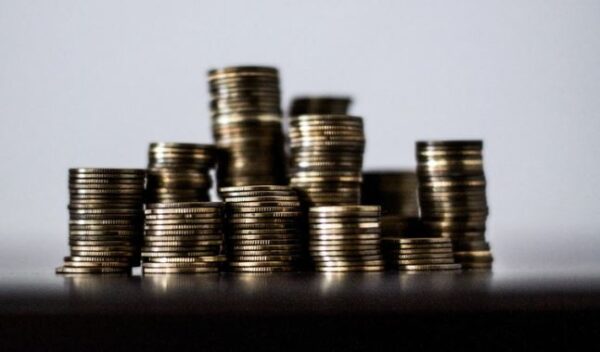Lifestyle
9 money wasters you need let go of so you can start saving

Following the recent fuel price hike as well as high interest rates and rising food prices, people may feel that their salaries are shrinking and that the financial pressure is increasing.
This plus a tough economic climate has put added stress onto South African consumers
Tyrone Lowther, Head of Budget Insurance said: “Many people feel like their financial situation is hopeless unless they make more money, but it’s often in the things you let go of, rather than what you gain, that allows you to save some serious money.”
Here are tips to help cut down on some of the biggest money wasters:
1. Fuel guzzlers
According to Lowther, if your car is heavy on fuel or costs you a lot of money to maintain or repair, then it might be time to let it go and invest in a more practical car that is fuel-efficient.
You can also consider getting a vehicle warranty which will help you avoid the high cost of a breakdown.
2. Redundant benefits
Let go of the cards and benefits that you pay for, but never use. It could be a gym card, a store card or a VIP bank card that you haven’t used in months. If you have two cards that cards that offer you the same benefits, you should think if getting rid of one of them.
3. Bad deals
Whether it is insurance, vehicle finance, loans, groceries, clothing or holidays, if you are paying too much then you should shop around to see if you can get a better deal.
4. Micro charges
Small insignificant costs will eventually add up and in the end they could cost you a fair buck. Examples of theses costs are using your bank card at another bank’s ATM, clearing payments immediately, or account charges for services that you can get for free with other service providers.
5. Loans
Loans with different service providers, especially those with high interest rates, cost significant amounts of money.
Lowther suggests that people consolidate these loans with a single provider at a lower rate.
He said that people need to ensure that they compare different offers, including the pros and cons of fixed or linked interest rates.
6. Inefficiency
Whether it’s taking multiple trips to do errands that you could have done in one, washing small loads or leaving devices on unnecessarily, inefficiency is expensive.
People should think carefully about how they can make every rand, every watt of electricity, every litre of fuel and every minute of their time work count.
7. Space wasters
There are things you have in storage and are paying for, but will likely never use again, or items that you have hoarded for many years.
By selling or gifting these items to your family, friends or the needy you can save money plus there is the added bonus of seeing the items being used instead of gathering dust.
8. Wastage
Having food going off or products reaching their expiry date, means that you are essentially leaking money. You can avoid this by planning your meals as well as product usage more carefully. This means that will only be buying items that you need and you will be using them efficiently.
10. Outdated items
Get rid of old geyser, ancient fridge, inefficient bulbs or outdated water faucets that could be costing money and replace them. Initially this may cost money but you will likely save you more money in the long run.






